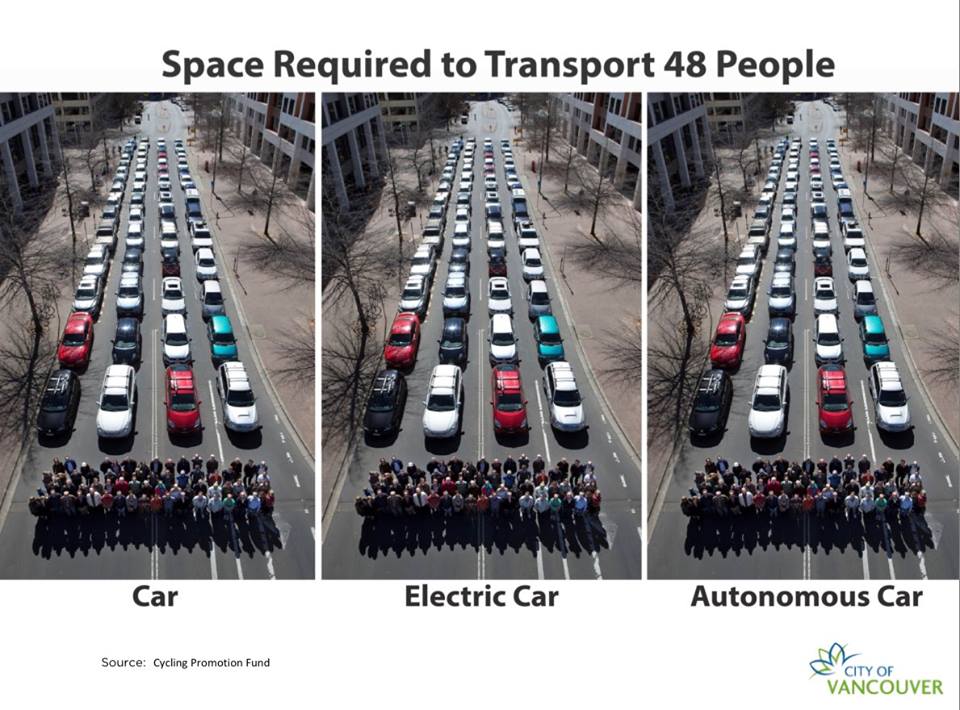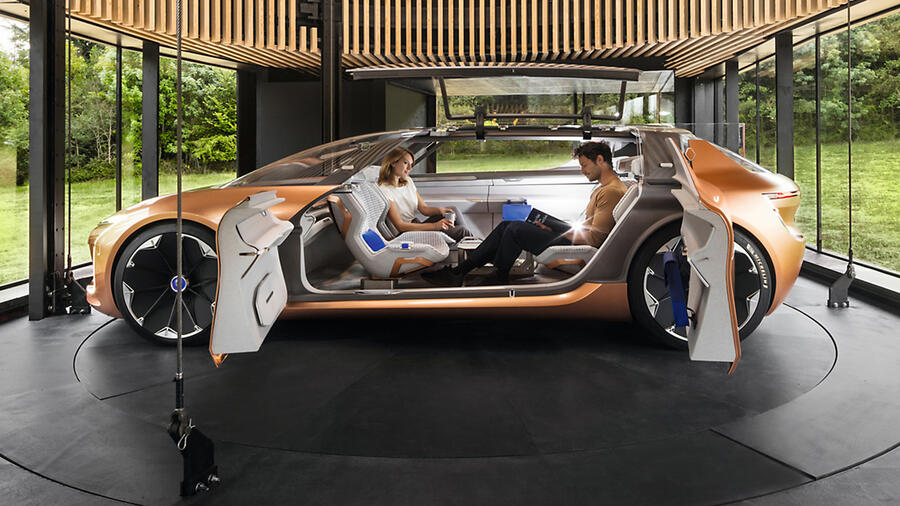Weeks after kicking off her carbon neutrality plan for Michigan, Gov. Gretchen Whitmer created a critical mobility council Wednesday that included no environmental, transit or non-motorized leaders.

In a statement shared with media Thursday, TRU joined Michigan Environmental Council and Environmental Law & Policy Center are calling on Gov. Whitmer to add at least one seat to the Michigan Council on Future Mobility and Electrification designated for the aforementioned leadership.
Doing so, they said, would help Michigan transition to a transportation system that fully supporters vibrant communities, clean air and carbon reductions.

The Council replaces the Michigan Council of Future Mobility, created in 2016. The new group will provide policy recommendations on connected vehicle technologies, autonomous vehicles and electric vehicle development and infrastructure.
“We are disappointed that the Council on Future Mobility does not include representatives of people that have worked for years to create a mobility system in Michigan that supports vibrant communities,” said Sean Hammond, policy director of Michigan Environmental Council. “Instead, the Council will focus on moving cars, not people. Without including environmental, public transit and non-motorized advocates, we fear the Council will head in the same direction as its predecessor, not toward a new economy of mobility.”
“Transportation has always been key to Michigan’s economy, and it also key to reducing carbon emissions and slowing the rate of climate change” said Margrethe Kearney, senior attorney at the Environmental Law & Policy Center. “This type of council is exactly the place where a variety of voices are necessary to ensure we are creating policies good for Michigan and good for the environment.”

“The future of mobility in Michigan must be based on more than just cars,” said Megan Owens, executive director of Transportation Riders United. “Well-designed and fully funded transit is a key component of Michigan’s mobility future. Without a voice for transit and other non-car options on this council, those who rely on transit everyday continue to be pushed aside in these discussions on the future of Michigan’s transportation sector.”